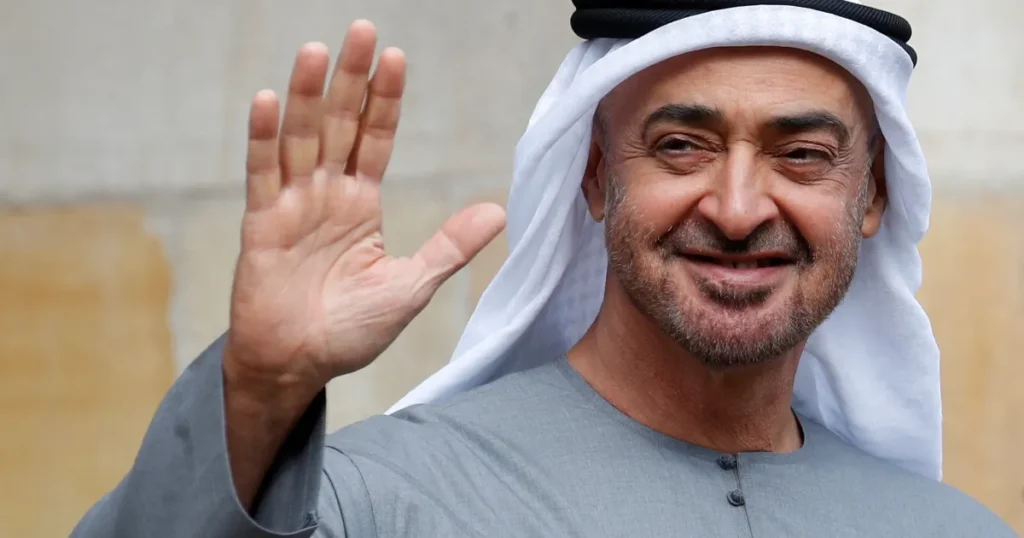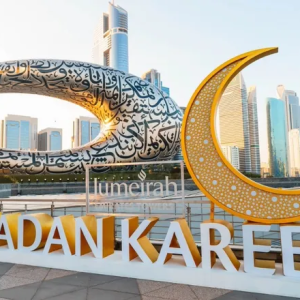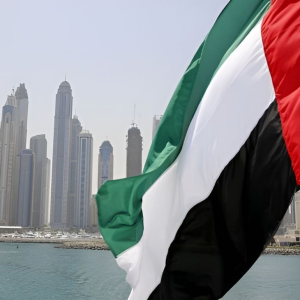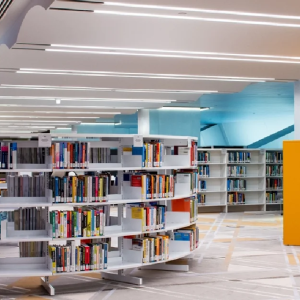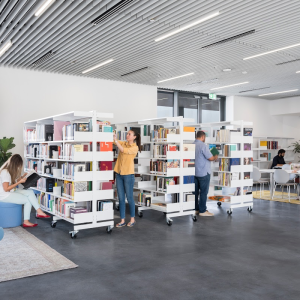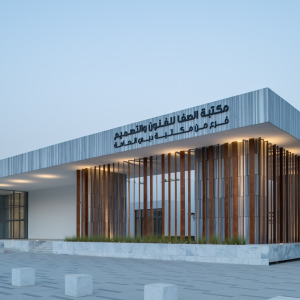The UAE President Orders Rain Prayer in a remarkable move reflecting both spiritual tradition and national concern. His Highness Sheikh Mohamed bin Zayed Al Nahyan has called upon all mosques across the United Arab Emirates to perform the Istisqaa prayer, a special prayer seeking rain, on Friday, October 17, 2025. The prayer will be held half an hour before the regular Friday Jumu’ah prayer, allowing citizens and residents across the country to come together in a collective supplication for mercy and rainfall.
This directive is an important reminder of the deep rooted Islamic values in the UAE and highlights the role of spiritual practices in national life. The President’s call underscores the connection between faith, community, and environmental awareness, demonstrating how tradition can guide contemporary challenges including water scarcity and climate fluctuations.
Understanding the Istisqaa Prayer
The Istisqaa prayer is a significant Sunnah, a practice traced back to Prophet Muhammad peace be upon him. Historically, it is performed during times of drought, delayed rainfall, or environmental distress. The prayer is performed in congregation and involves specific supplications asking Allah for mercy and rainfall. It is often accompanied by sincere reflection, repentance, and humility before God.

The practice of Istisqaa highlights the human recognition of dependence on divine blessings for essential resources like water. It is not merely a ritual but a form of spiritual engagement with the environment, acknowledging the limits of human control and the importance of seeking divine intervention in times of need.
By calling for the Istisqaa prayer, the UAE leadership is encouraging the public to participate in a spiritual solution to a practical challenge, blending faith with societal responsibility.

The Significance of the President’s Call
The UAE President Orders Rain Prayer, marking an important moment in the nation’s religious and civic life. This call goes beyond the spiritual dimension; it reflects the leadership’s attentiveness to the welfare of the people and the country’s ecological concerns.
Water is a critical resource in the UAE, a country characterized by its arid desert climate and minimal annual rainfall. Agriculture, landscaping, and even some urban planning depend on rainfall. While advanced desalination and irrigation technologies exist, the reliance on natural precipitation remains vital. By invoking prayer for rain, the leadership acknowledges the cultural and spiritual importance of rainfall while also drawing attention to environmental challenges.
Furthermore, the President’s directive emphasizes unity and communal participation. Through collective prayer, citizens and residents are reminded of their shared responsibilities toward the nation, encouraging harmony, empathy, and solidarity.
The Role of Mosques in Community Life
Mosques in the UAE are much more than places of worship; they serve as centers of learning, guidance, and community bonding. The performance of the Istisqaa prayer across mosques on October 17 will reinforce this communal aspect, offering citizens a chance to gather in spiritual reflection and shared hope.
The communal experience strengthens the social fabric of society. People from diverse backgrounds come together, reinforcing national identity, respect for tradition, and a shared understanding of environmental responsibility. The mosque becomes the heart of civic engagement, where spiritual, cultural, and social dimensions intersect.
Environmental Context of the UAE
The UAE’s climate is defined by high temperatures, minimal rainfall, and long dry periods. Water scarcity is an ongoing concern, particularly in rural and agricultural areas. Desalination plants, water recycling, and irrigation systems are widely used, but natural rainfall remains a crucial component of ecological balance and sustainability.
Rainfall replenishes soil moisture, supports urban greenery, and helps maintain the delicate balance of the desert ecosystem. The Istisqaa prayer therefore addresses a real need, combining spiritual practice with environmental consciousness. By highlighting rainfall as a national concern, the leadership bridges faith and ecological awareness, inspiring both personal reflection and collective action.
Historical and Religious Importance of Rain Prayers
The Istisqaa prayer has been performed for centuries across Muslim majority regions whenever drought or water scarcity occurs. Prophet Muhammad and his companions used to perform these prayers during difficult times, seeking Allah’s mercy and guidance. Historical records describe how communities would gather in large open spaces, pray, and perform symbolic acts such as turning their faces to the sky, demonstrating humility and hope.
Rain prayers are not only about rainfall but about renewal, reflection, and moral alignment. They remind people of the importance of stewardship, patience, and gratitude. In modern times, such practices continue to hold relevance, connecting people to both their spiritual heritage and contemporary environmental challenges.
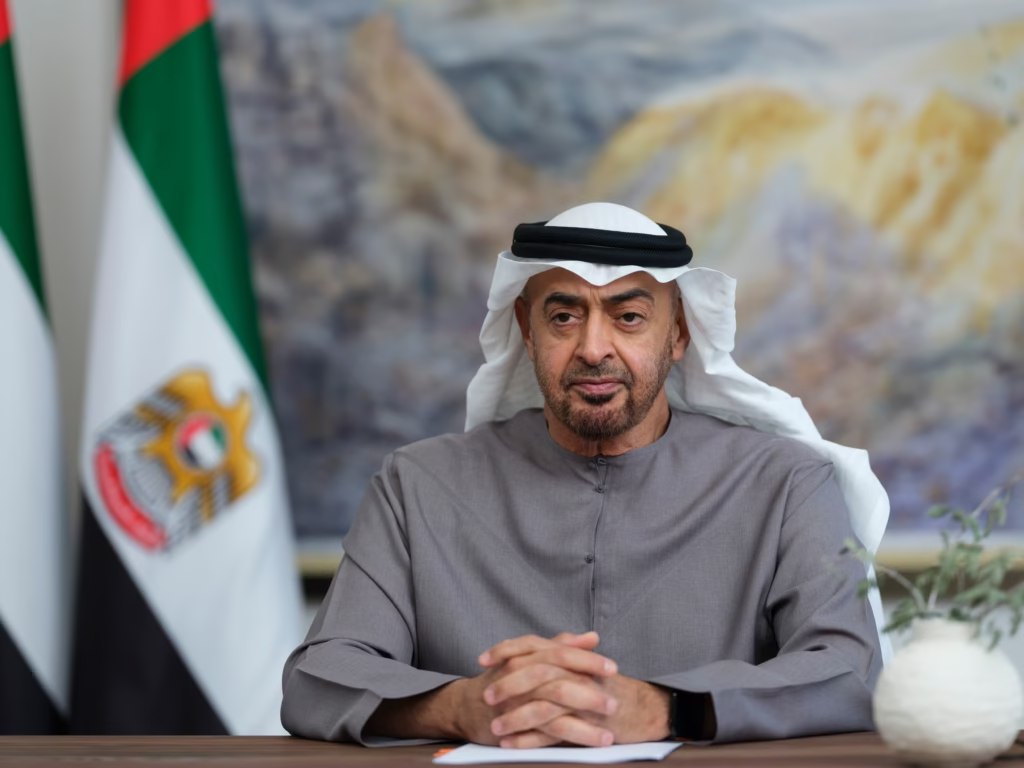
Previous Instances of Rain Prayers in the UAE
The UAE President Orders Rain Prayer is part of an ongoing tradition. In recent years, similar calls for Istisqaa prayers have been made during periods of low rainfall, drought, or extreme heat. These calls have been widely observed, reflecting the deep respect citizens hold for spiritual guidance and leadership directives.
Past instances have also demonstrated the positive impact of communal prayers on national morale. Citizens report feelings of unity, hope, and connection to their cultural roots. By regularly invoking these prayers, the UAE balances modern development with spiritual traditions, showing that technological progress does not replace faith and communal values.
How Citizens and Residents Can Participate
Participation in the Istisqaa prayer is encouraged for all citizens and residents. The prayer will take place in mosques across the country, allowing everyone to join in collective supplication. For those unable to attend physically, media broadcasts, live streams, and social media coverage ensure that participation is accessible to all.
Individuals are also encouraged to perform personal supplications, seeking mercy and rainfall for their homes, families, and communities. Acts of charity, kindness, and reflection are often recommended as complementary actions alongside the prayer, reinforcing the holistic nature of faith and community responsibility.
Broader Impact of the Rain Prayer
The UAE President Orders Rain Prayer carries symbolic, spiritual, and practical significance. Symbolically, it demonstrates leadership guided by faith and concern for national welfare. Spiritually, it brings citizens closer together, fostering hope and humility. Practically, it highlights environmental issues such as water scarcity, climate resilience, and sustainable development.
This initiative also serves as an educational moment. It reminds the public of the importance of water conservation, the fragility of desert ecosystems, and the value of both spiritual and practical measures in addressing challenges. Schools, universities, and community organizations can use this occasion to raise awareness about sustainable water use and the cultural significance of rainfall in desert regions.
Faith and Environmental Stewardship
The call for rain reflects a profound connection between faith and environmental stewardship. In Islamic tradition, humans are seen as caretakers of the earth, entrusted with maintaining balance and preventing harm. By praying for rain, citizens acknowledge their dependence on nature and divine provision while reinforcing their responsibility to protect and conserve resources.
This dual approach, spiritual supplication coupled with environmental awareness, sets a powerful example for future generations. It shows that faith based initiatives can complement scientific and technological solutions, creating a holistic approach to national and ecological challenges.
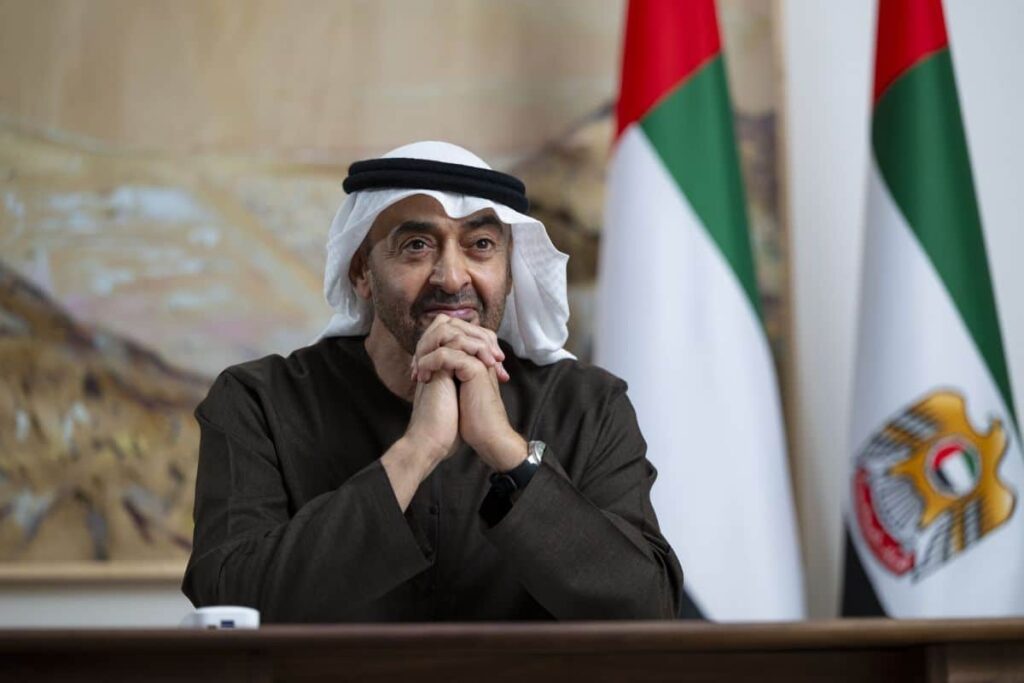
The Role of Leadership in Spiritual Initiatives
Leadership plays a crucial role in guiding public action, and the UAE President Orders Rain Prayer exemplifies this principle. By initiating the prayer, the President sets an example of humility, responsibility, and care for citizens’ well being. It demonstrates that leadership is not only about policy or governance but also about moral and spiritual guidance.
This initiative encourages other nations to consider how spiritual and cultural traditions can be integrated into public life, particularly in addressing challenges like climate change, water scarcity, and social cohesion. It highlights the UAE’s ability to combine innovation, tradition, and governance into a coherent national approach.
Anticipating the Outcomes
While the immediate goal is rainfall, the broader outcomes are multifaceted. Citizens experience strengthened faith, enhanced unity, and heightened environmental awareness. Communities are reminded of their shared responsibilities and the importance of collective action. The nation as a whole is encouraged to integrate spiritual practice with practical measures for sustainability.
Ultimately, the UAE President Orders Rain Prayer is a reflection of the nation’s vision, a country that honors its traditions, cares for its citizens, and addresses environmental challenges with wisdom and foresight.
Conclusion
The UAE President Orders Rain Prayer is more than a religious act. It is a powerful demonstration of the nation’s values, combining faith, community, and environmental responsibility. By performing the Istisqaa prayer on October 17, citizens and residents will come together to seek divine mercy, reflect on the importance of rainfall, and reaffirm their commitment to sustainable living.
This initiative is a reminder that faith and tradition remain integral to national identity and that leadership guided by values can inspire hope, unity, and collective action. As the UAE continues to thrive in the modern world, initiatives like this ensure that spiritual wisdom and cultural heritage continue to shape the nation’s path toward resilience, harmony, and prosperity.
Do follow UAE Stories on Instagram
Read Next – UAE Cyprus Presidents Regional Talks Strengthen Peace and Cooperation

